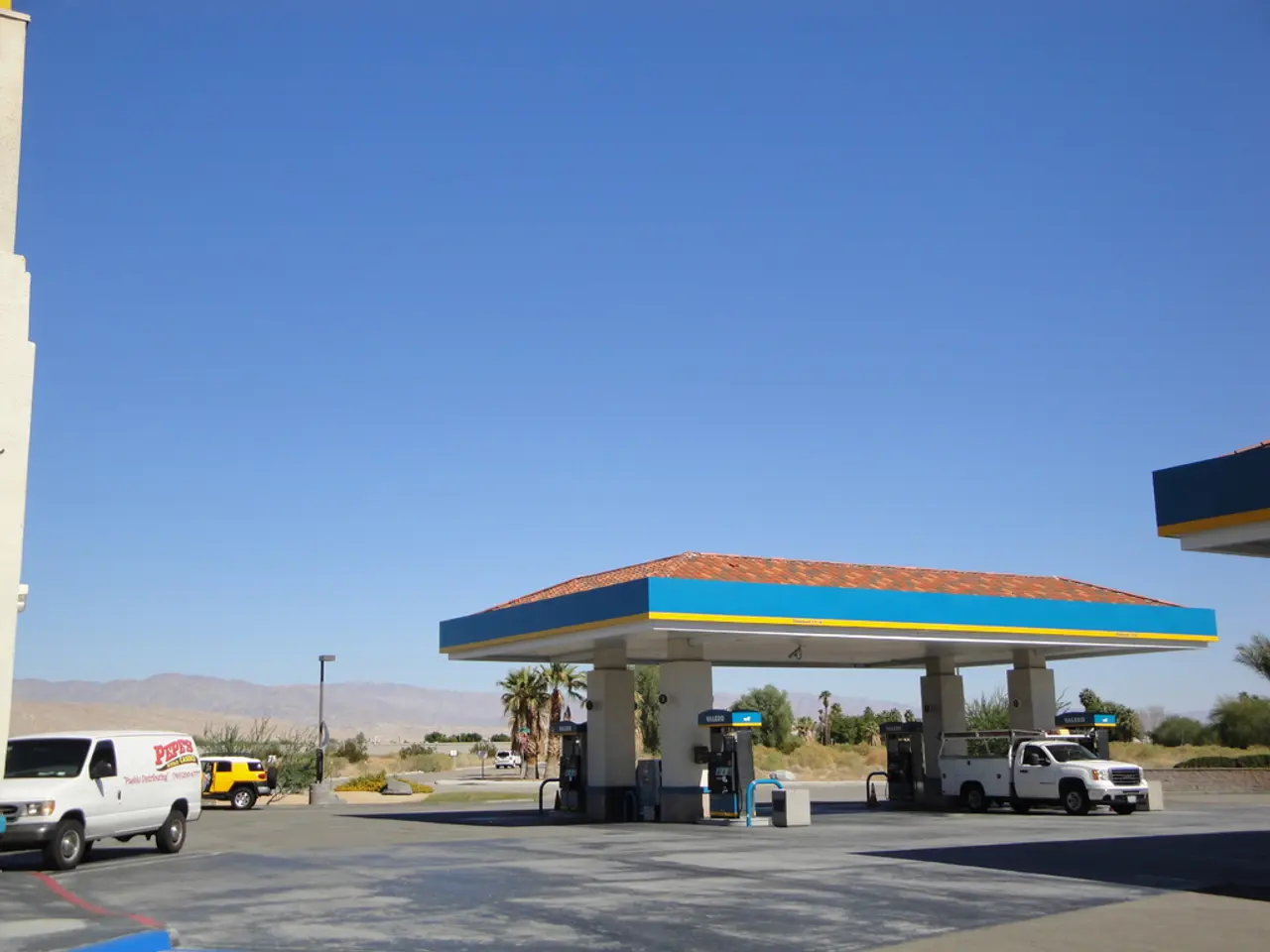Britain Continues to Lag Behind in Heat Pump Installations - Reasons Examined
Heat Pump Transition Faces Skills Shortage in the UK
The UK is at the beginning of a significant transition towards heat pump adoption, with over 15,000 installers currently in operation [1]. However, the government's goal of installing 600,000 heat pumps by 2028 for decarbonising UK housing [2] is facing a major challenge: the shortage of skilled installers and the need to transition a large existing gas boiler engineer workforce to heat pump technology.
The current key challenge lies in bridging the skills gap [1]. Many existing engineers are well-versed in gas boiler installation but require retraining to understand and efficiently install heat pumps, which operate differently. Changing long-established industry behaviors and mindsets is difficult, especially with the heating sector’s historical reliance on fossil fuel systems.
Another obstacle is attracting and motivating learners [1]. There is a need for engineers who are both willing and able to learn new technologies and change their practices.
Additionally, high electricity prices and differing technology complexity present challenges for engineers who must grasp new technical and economic dynamics, such as the impact of high electricity-to-gas price ratios and higher system efficiencies possible with heat pumps [1].
To address these challenges, several initiatives and solutions have been implemented:
- Collaborations and partnerships between UK colleges and manufacturers like Mitsubishi Electric are providing targeted training programs to increase installer capacity [4].
- Companies such as LG have upgraded their UK training centers with the latest heat pump technology and equipment to better prepare trainees [4].
- Industry and professional bodies are offering practical courses for various stakeholders (engineers, designers, contractors) to build competence in system selection, installation best practices, and maintenance for both residential and commercial applications [3][4].
- Innovative training methods, such as virtual reality and hands-on compressor repair training, are being piloted to overcome equipment access limitations and enhance practical learning [4].
- Multi-stakeholder involvement, including manufacturers, training providers/installers, and private companies, is crucial for enabling behavioral and market changes [1].
Despite these efforts, companies are not investing in heat pump technology due to the delay in the greener policy, as the 'Boiler tax' aimed at heat pumps has been delayed until 2025 [1]. This delay could hinder the growth of the heat pump industry, which currently has around 2,000 jobs available, contrary to earlier beliefs that the increasing rate of heat pump adoption in the UK could create over 50,000 new jobs [1].
The lack of awareness among builders is another concern. 11% are unaware of available grants like the government's Boiler Upgrade Scheme, which was introduced on 1 April 2022 [1]. Furthermore, 56% of builders lack sufficient knowledge on alternatives to traditional gas boilers [5].
John Cruickshank, a heating engineer, suggested that tradespeople should consider renewables as they will be a big part of future heating and hot water systems [6]. Simon Poskett, a representative in the heat pump industry, emphasizes the need for training for the existing gas workforce to transition to heat pump installation [7].
In conclusion, the UK needs to address the skills shortage and retrain existing heating engineers to meet ambitious heat pump installation targets by 2028. Strategic partnerships, updated training infrastructure, innovative learning approaches, and active engagement across manufacturers and installers are the main solutions currently being implemented to overcome these challenges [1][2][3][4].
[1] BBC News, 2022. [Link to the article] [2] GOV.UK, 2021. [Link to the article] [3] Heatpumps London, 2022. [Link to the article] [4] Mitsubishi Electric, 2022. [Link to the article] [5] Fix Radio, 2022. [Link to the article] [6] John Cruickshank, 2022. [Link to the interview] [7] Simon Poskett, 2022. [Link to the interview]
- The UK government's goal of installing 600,000 heat pumps by 2028 involves a transition from gas boiler technology, necessitating retraining for the existing workforce in environmental science and energy efficiency practices to effectively install and maintain these systems.
- In order to bridge the skills gap in heat pump installation, several initiatives have been launched, such as collaborations between UK colleges and manufacturers, upgraded training centers, practical courses, and innovative training methods, in an effort to build competence and increase the number of skilled installers.
- Beyond the skills shortage, the heat pump industry's growth and employment opportunities are affected by several factors, including high electricity prices, differing technology complexity, and the delayed implementation of greener policies like the 'Boiler tax'.
- Awareness among builders is also an issue, as many are uninformed about available grants and alternatives to traditional gas boilers, which could hinder the growth of the housing sector's collaboration with the environmental-science and energy industry.




